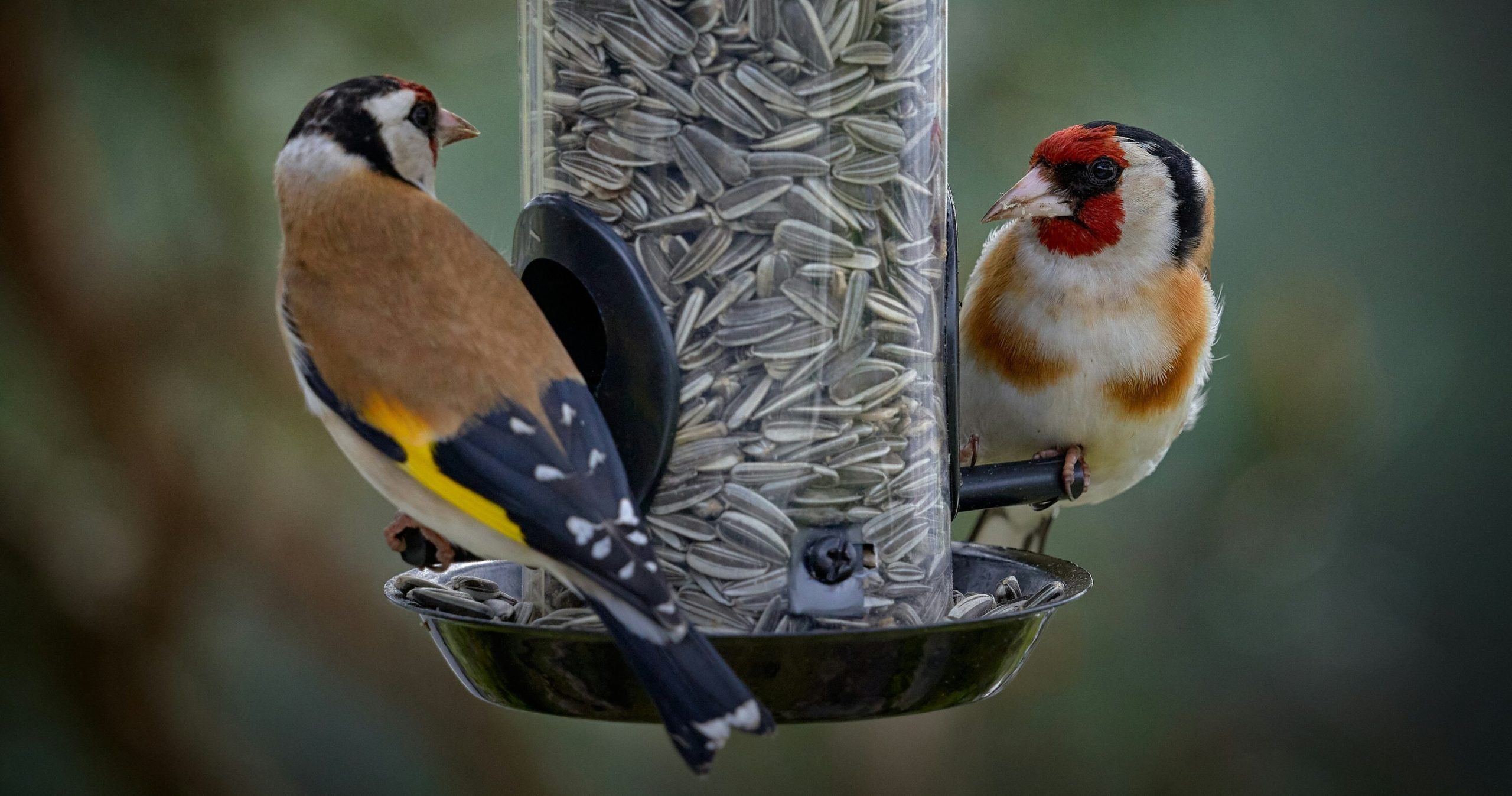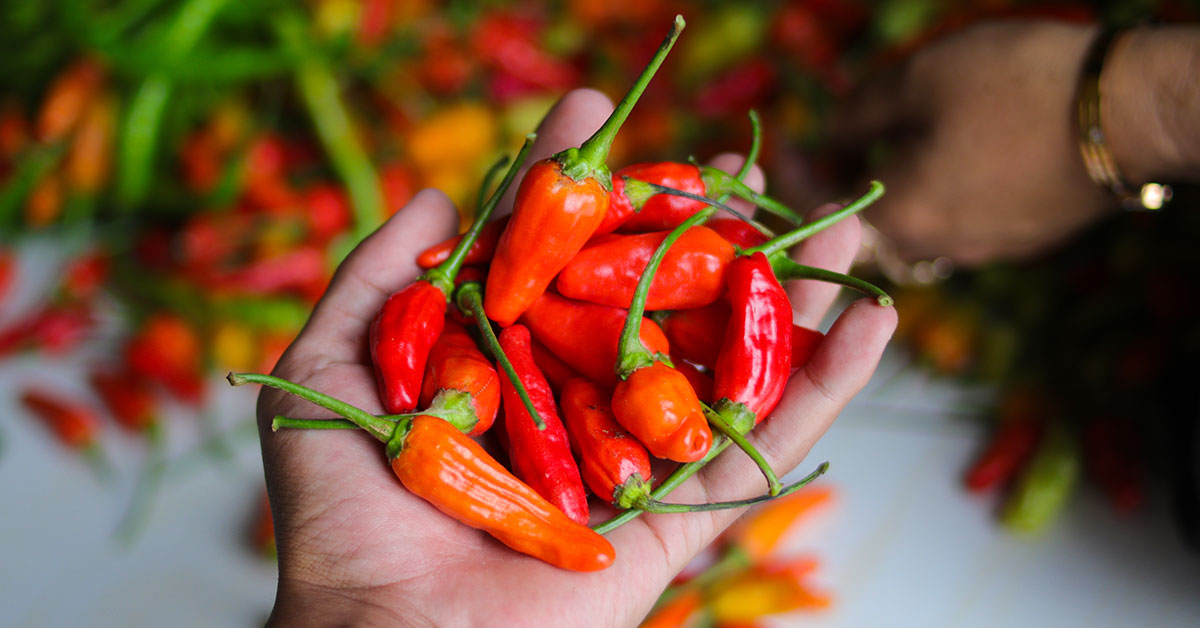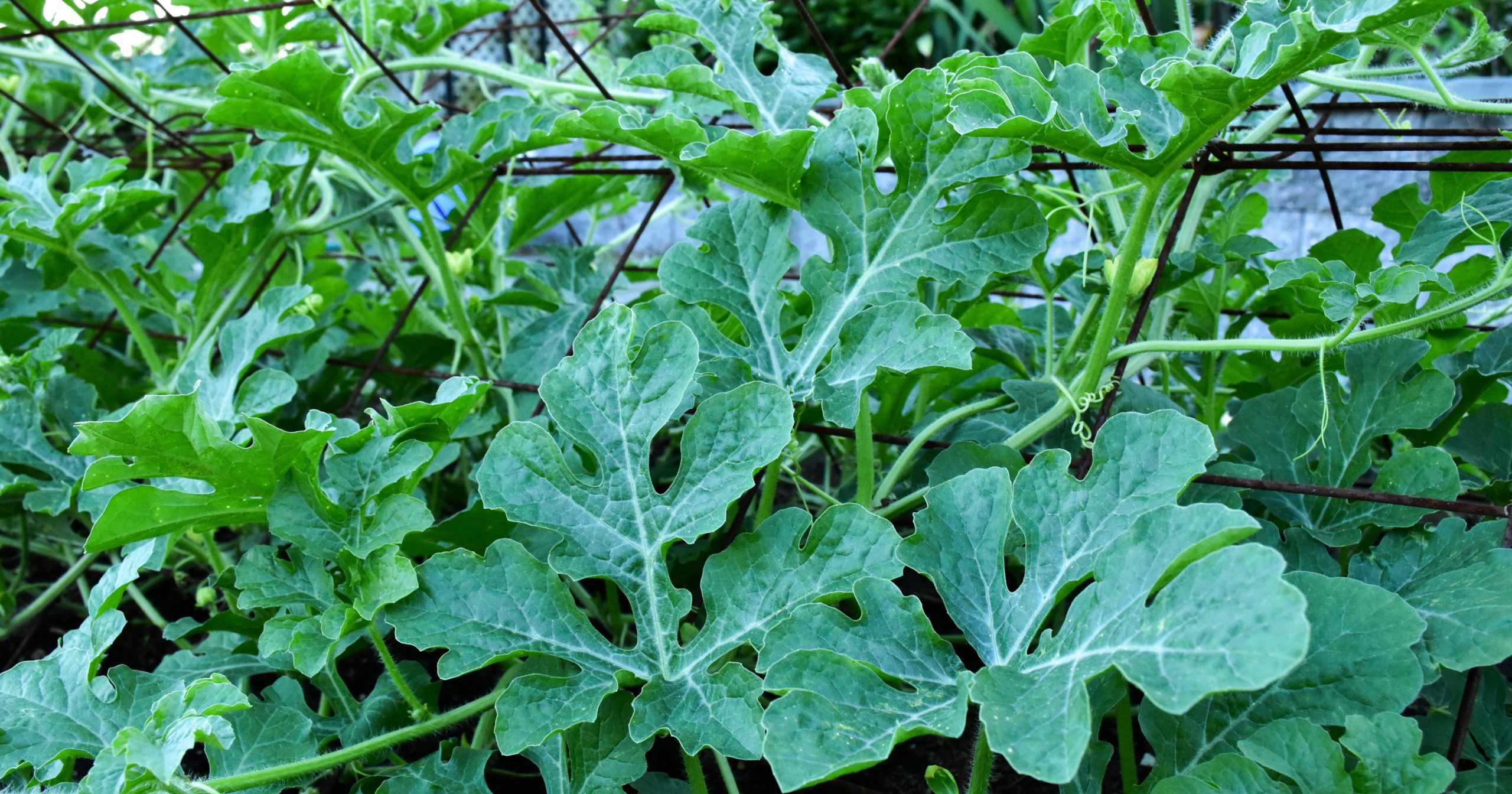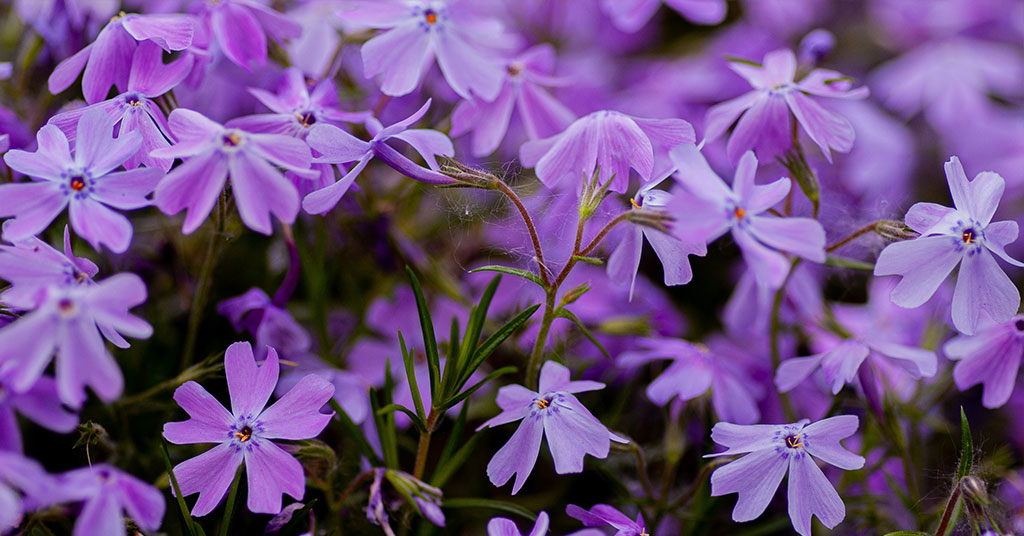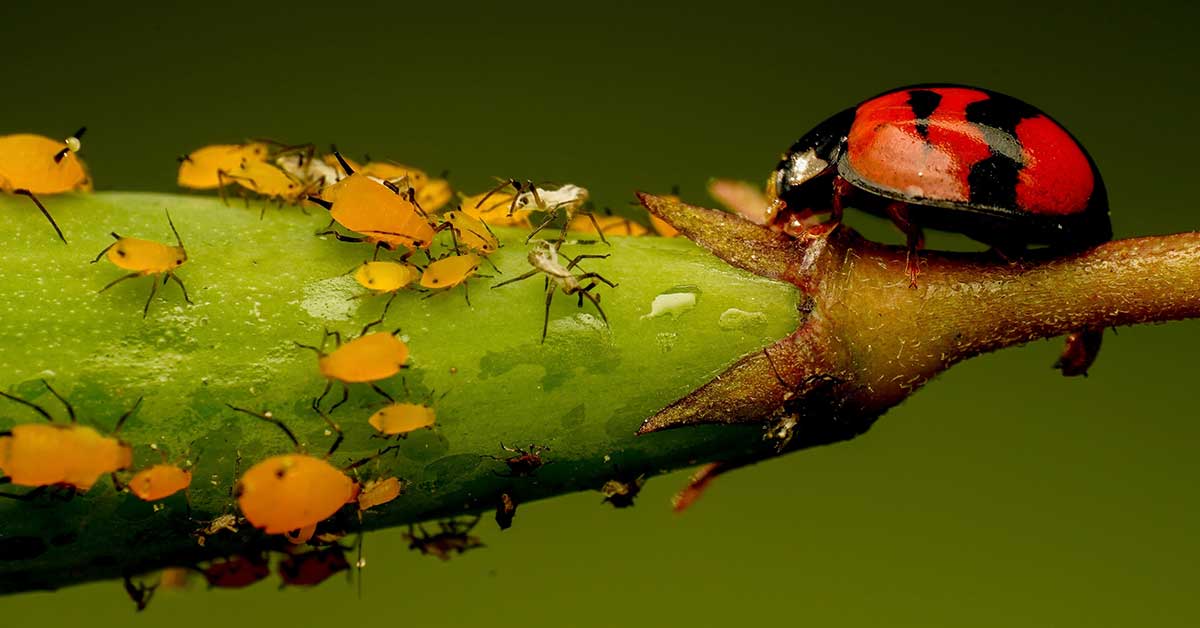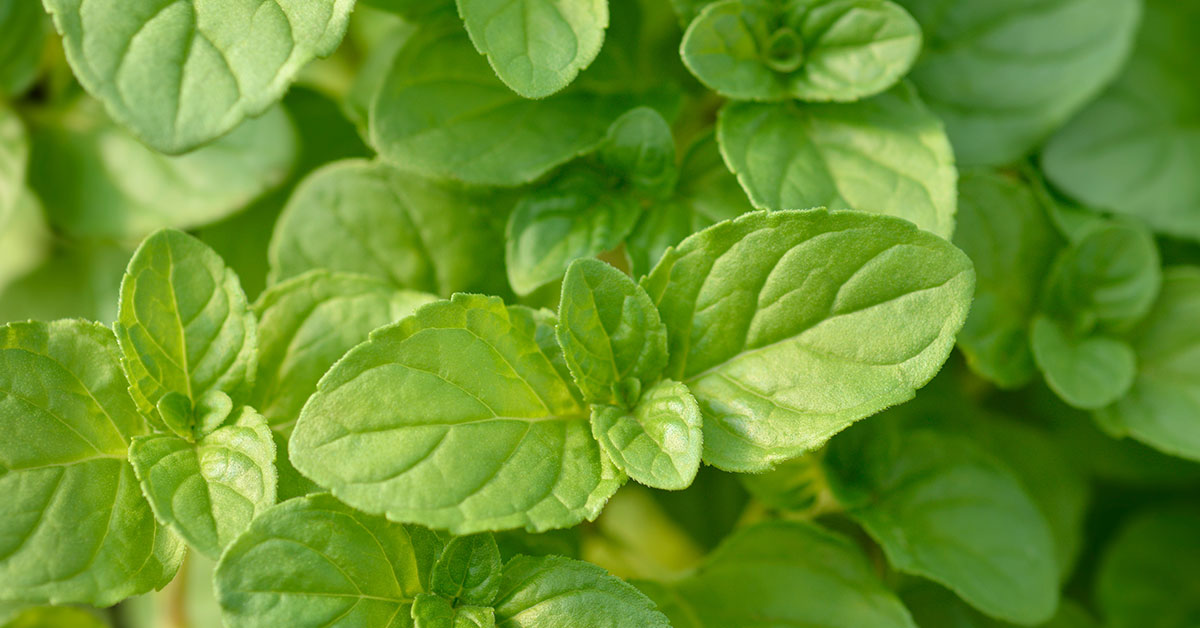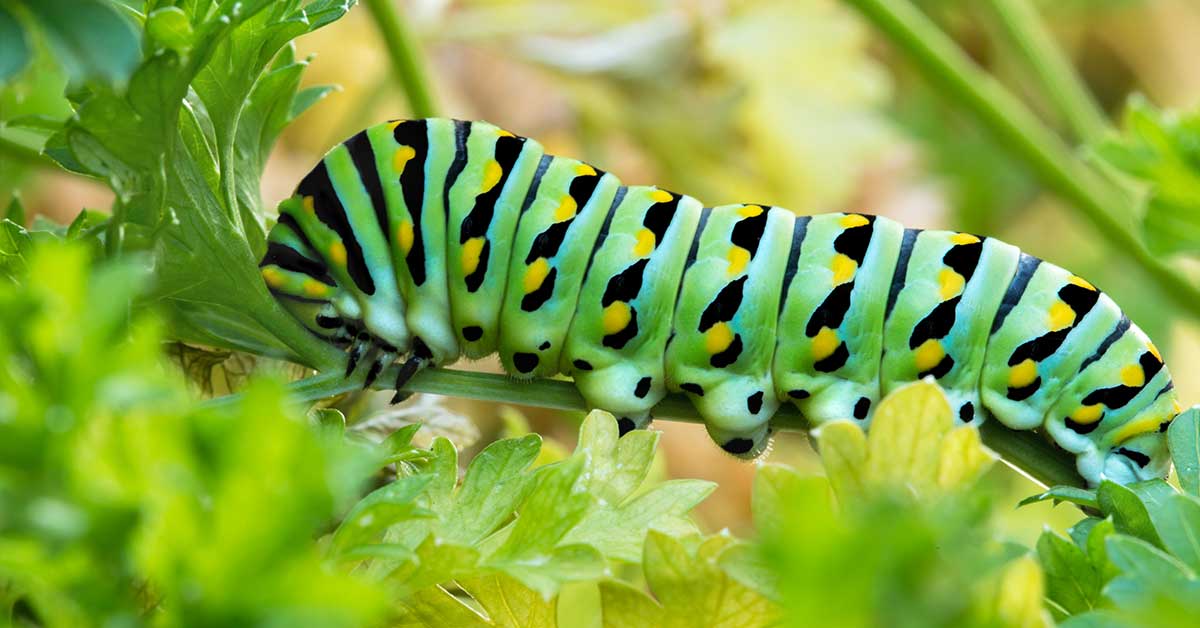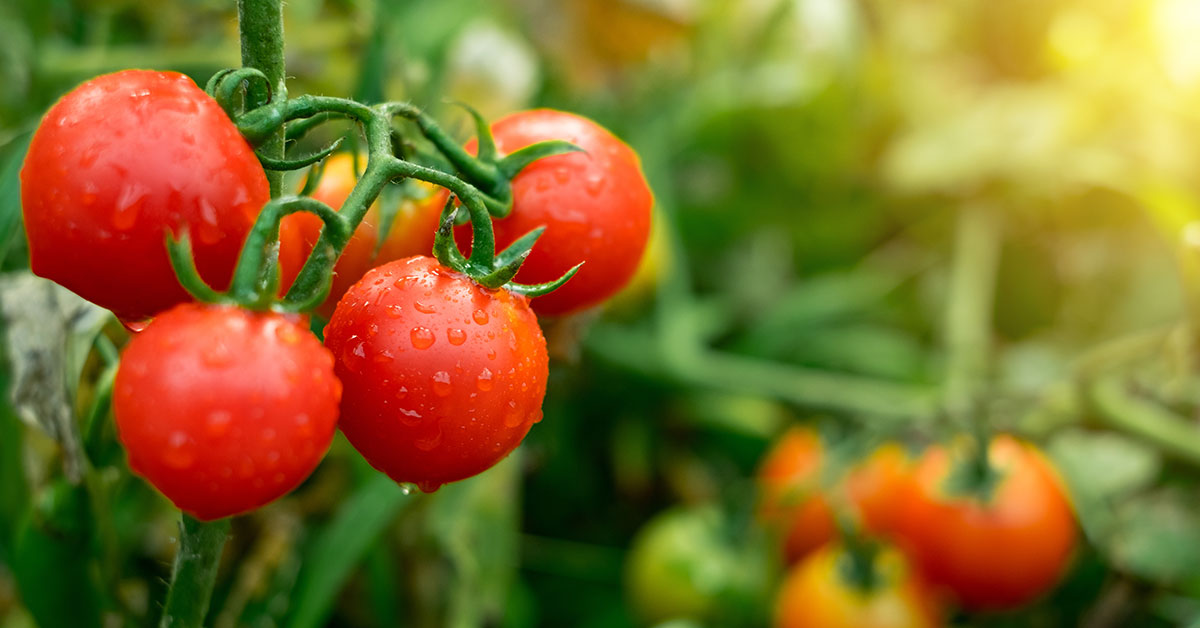We all start our bird feeding journey with the best of intentions, don’t we? There’s something truly special about setting up that first feeder, filling it with seeds, and watching from the window as our feathered friends come to visit. It’s like opening a tiny window to the wild, right in our backyards. But here’s the thing – while none of us would ever dream of harming our local birds, sometimes, despite our best intentions, we make mistakes. And, believe it or not, some of these slip-ups can be downright dangerous to our avian visitors.
What starts as an act of love and curiosity can inadvertently turn into a perilous situation for the birds we’re trying to protect and nurture. From the type of food we choose to how we maintain our feeders, the details matter more than we might realize. It’s a learning curve for sure, but these bird feeder mistakes could be killing local birds:
Disease Transmission
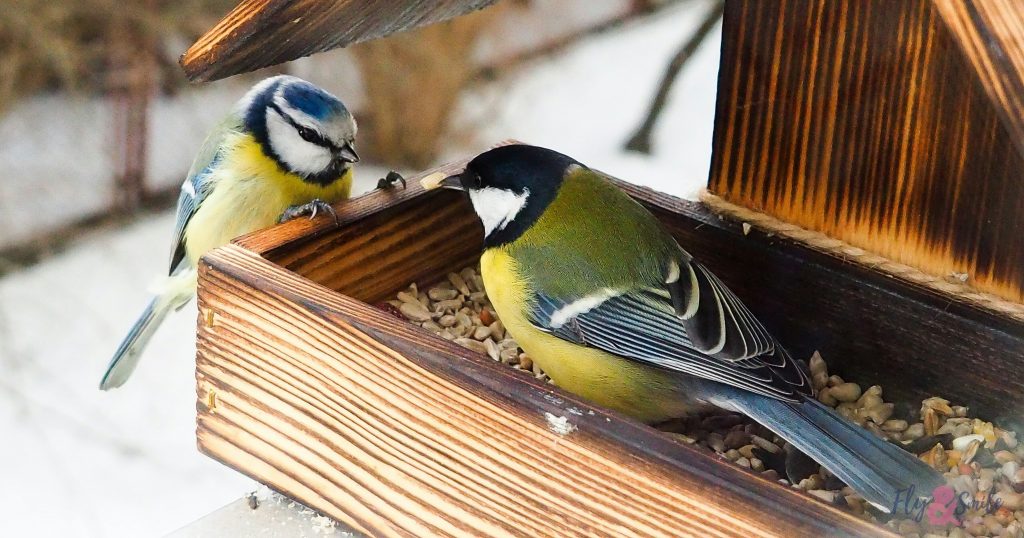
Bird feeders can become hotspots for the transmission of diseases among bird populations. Diseases such as salmonellosis, avian pox, and trichomoniasis can spread rapidly when birds congregate in large numbers at poorly maintained feeders. Regular cleaning and disinfection of feeders are crucial to minimize this risk.
Cleaning is easy. First, with some soap and water, scrub the bird feeder. Then you can disinfect with bleach. Mix one part bleach to nine parts water. For example, you can use 1 cup of bleach in 9 cups of water. This ratio is strong enough to kill most pathogens that can harm birds while being dilute enough to rinse away easily without leaving harmful residues. Be sure to thoroughly rinse the feeder after disinfecting and allow to air dry.
Predator Attraction
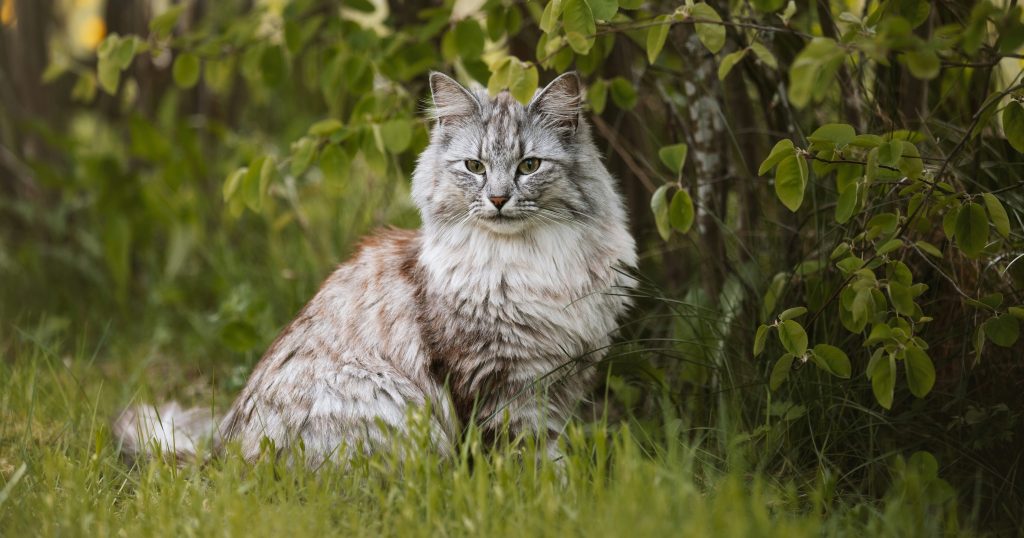
Feeders can attract predators, including cats, hawks, and raccoons. Placing feeders in areas that provide natural cover for birds can help them escape from predators. Large, open areas where birds can see predators approaching can also help avoid losing local birds to predators. It’s also essential to place feeders out of reach of cats and other terrestrial predators and to take measures to discourage predators from frequenting the area.
Window Collisions
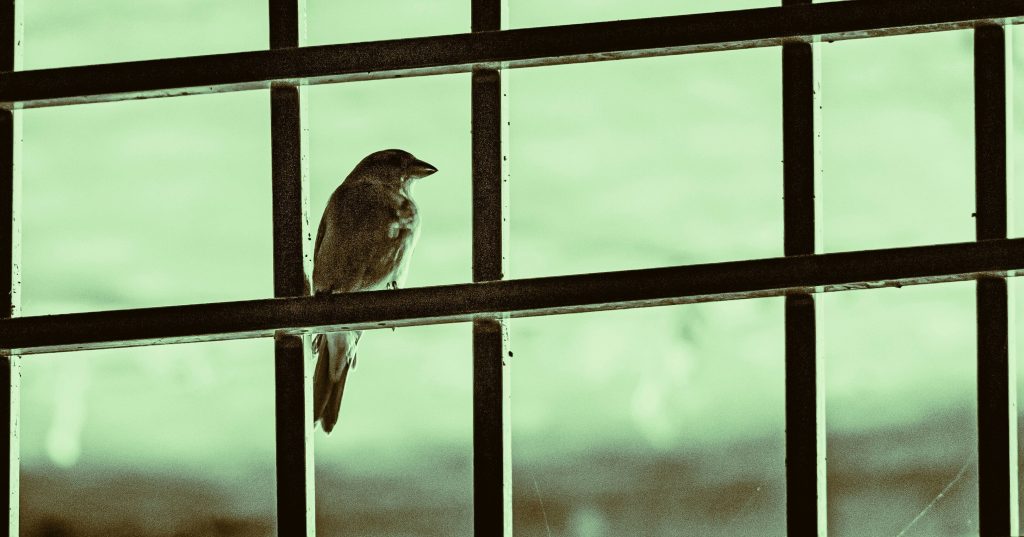
Birds can collide with windows near feeders, which can often result in injury or death. Placing feeders either very close (less than 3 feet) or far away (more than 30 feet) from windows can reduce the risk of collisions. Using window decals or screens can also help make windows more visible to birds.
If you find a bird injured in a window collision, there are a few things you can do. Wearing gloves, you can gently pick up and move the bird to a safer location. You can place it in an open box while it recovers from the collision. It’s not uncommon for the bird to just need a little bit to shake off the collision. If it seems like it isn’t recovering, or if you can clearly see wounds or broken bones, it’s best to take it to an animal rehabilitation center near you.
Poor Nutrition
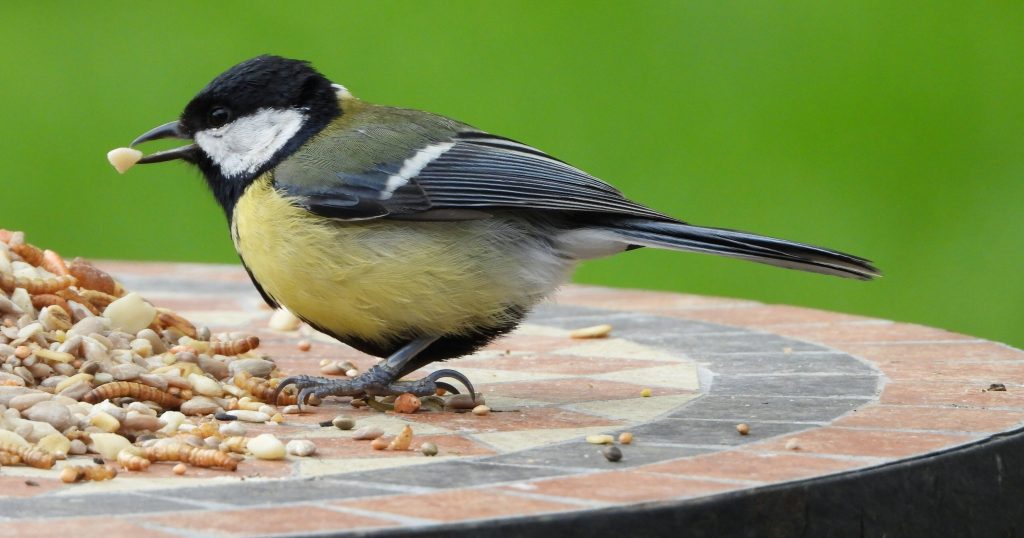
Some bird feed can be of poor nutritional value. Providing a variety of high-quality seeds, suet, and nectar can help ensure that birds receive the nutrition they need. It’s also important to research which types of food are best for the local bird species. You can also grow flowers like sunflowers to provide a natural and native food source for your local wild birds.
Chemical Exposure
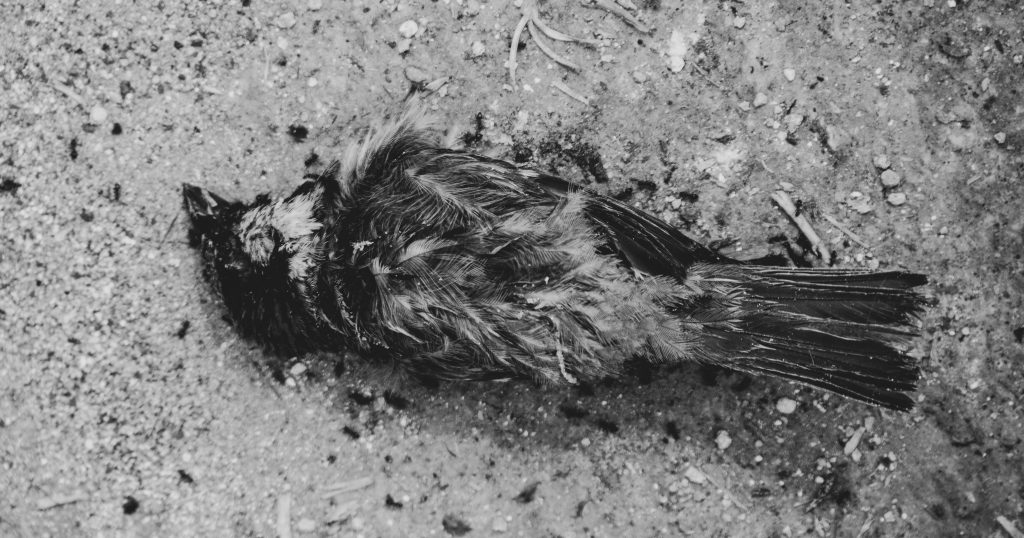
In the same way that exposure to chemicals can make us sick, birds can become ill after being exposed to chemicals from treated seeds or from pesticides and herbicides used on lawns and plants near feeders. Using untreated, organic seeds and avoiding chemical treatments in your garden can help protect birds from harmful exposure. When in doubt, go fully organic with everything you do on your property!
Entanglement and Trapping
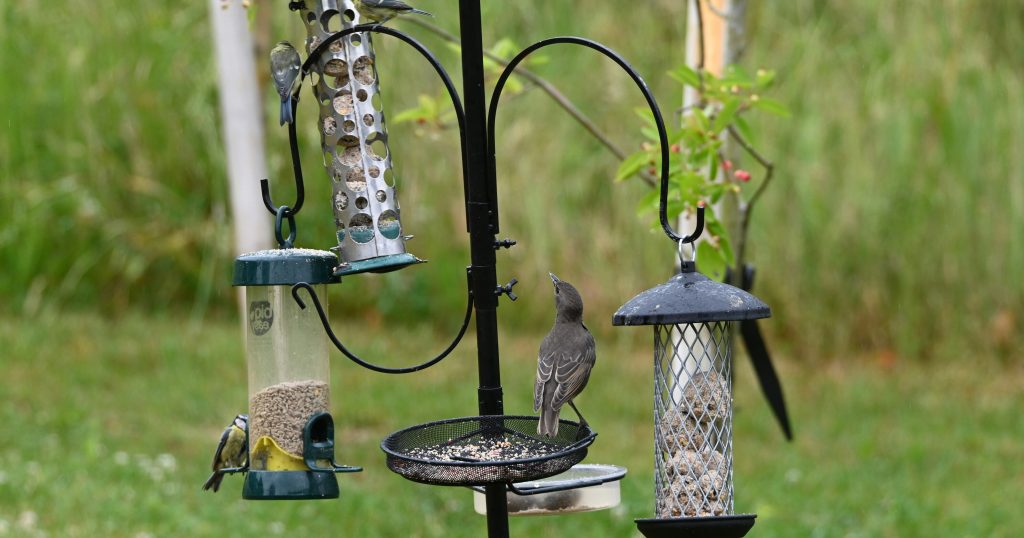
Entanglement and trapping incidents at bird feeders are particularly concerning because they can lead to stress, injury, or even death for birds. Some types of feeders and feeder accessories are more prone to causing these issues than others. Mesh and net feeders are especially bad, but birds can become entangled in suet cages, homemade ornament feeders, and feeders that are broken. These should generally be avoided. If in use, check them frequently.
Related Article: 5 Ways Bird Baths Accidentally Kill Birds
